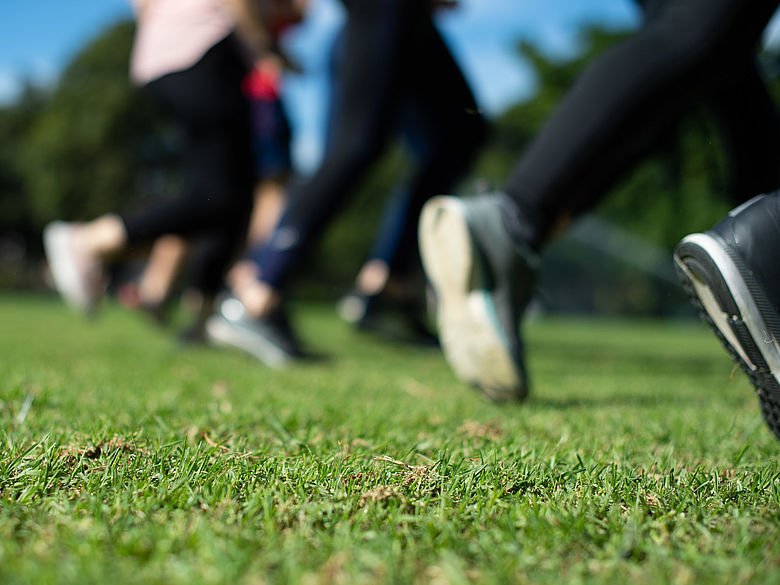Challenges are a great opportunity to utilise some external motivation and extra accountability to start to create some awesome habits that support your goals. One of the problems we often see with challenges is when we use them to make unsustainable changes, like cutting out whole food groups and being restrictive, we can usually keep it up for a few weeks or months but once the challenge ends, we usually go right back to our all habits and immediately start reversing the progress we have made.
At the end of the day short term plans create short term results. Which is why we want to focus on the long game and building long term habits that create results that last. It may sound boring and mundane, but these things really matter, like eating enough protein, adequate calories, lots of micro-nutrients, getting 7-9 hours of sleep, drinking water, and getting regular exercise. So, they are the things we want to focus on really dialling in for these nine weeks!
Keep focusing on hitting your protein goal and DRINK WATER. It is important to get the protein intake right per day. Also, a little heads up about Carbs, I want you to consider eating carbs as you practice self-love! Carbohydrates are the quickest source of glucose for glycolysis - this is what we need to train. The body either uses carbs to make energy (ATP) or stores them as glycogen. The first preferred method of energy (ATP) production is via glycolysis, a process that converts blood glucose or muscle glycogen into ATP and assorted by-products. When we eat carbs, it is converted into blood glucose in the body, perfect for glycolysis - if you don't take in enough carbohydrates, you will be forced to reduce your intensity and tap back into fat metabolism to fuel activity.
Fat metabolism is a much less efficient way to create ATP for training, which is why we need carbs! Fat is a great fuel for endurance events, but it is simply not adequate for high-intensity exercises such as sprints or intervals. As exercise intensity increases, carbohydrate metabolism takes over. It is more efficient than fat metabolism but has limited energy stores - which is why we must eat so many carbs. This stored carbohydrate (glycogen) can fuel about 2 hours of moderate to high-level exercise. After that, glycogen depletion occurs (stored carbohydrates are used up) and if that fuel is not replaced athlete’s endurance will be compromised.
An athlete can continue moderate to high-intensity exercise for longer simply replenishing carbohydrate stores during exercise. Therefore, it is critical to eat easily digestible carbohydrates during moderate exercise that lasts more than a few hours. Glycogen replenishes over 36-72 hours, which is why we don't reduce calories on rest days - your body needs it, so you have energy stores to tap into the day after rest day! It is critical to recovery and performance! So, keep going with the challenge and focus on those long term habits and your healthier lifestyle.

